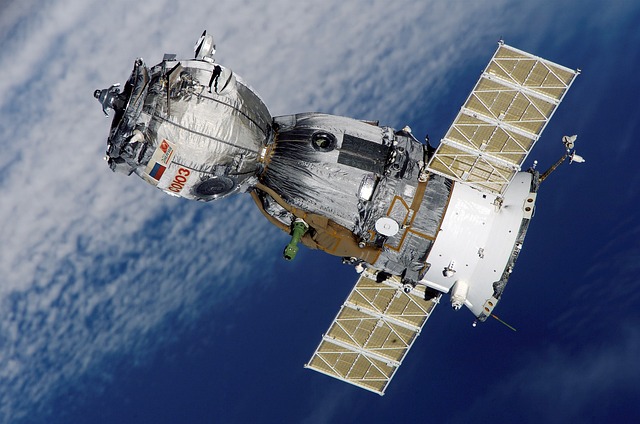Key Changes to the FDI Policy on the Space Sector in India.Â
India accounts for only 2 percent of the currently valued global space economy which is about USD 360 billion despite being among the few spacefaring nations in the world. The Union minister of the State (Independent Charge) for Science and Technology, Dr. Jitendra Singh while inaugurating the IN-SPACe Technical Centre, stated that their target is to take the space economy from 2 percent to 10 percent by the year 2030, targeting a five-fold increase. The vision is to have a 15 percent share in the global space economy by 2047.
To realize this vision, there was a need to provide scope for Non-Governmental Entities to participate in the Indian space program and play a key role in boosting India’s market share in the Global Space Economy. In India, players in the private sector industry have been very limited to being vendors or suppliers to the government’s space program. The need to promote private entities to establish themselves as independent players was also emphasized.
The Indian Space Policy 2023 was notified as an overarching, composite, and dynamic framework to implement the vision for unlocking India’s potential in the Space sector through enhanced private participation. This policy aims at augmenting space capabilities; enabling, encouraging, and developing a flourishing commercial presence in space; using space as a driver of technology development and derived benefits in allied areas; pursuing international relations, and creating an ecosystem for effective implementation of space applications among all stakeholders.
The Government of India to foster growth and innovation and with the vision to promote ease of doing business facilitating greater participation by foreign investors in the Space sector of the economy decided to liberalize the FDI Policy by prescribing liberalized thresholds for various sub-sectors/activities.
These amendments to the Policy are expected to attract more foreign and domestic investment in India’s booming space industry.
EXTANT FDI POLICY ON THE SPACE SECTOR:
100% FDI was permitted in the establishment and operation of Satellites only through the Government Approval route. Further, such foreign investments were subject to the sectoral guidelines of the Department of Space/ISRO.
 NEW POLICY ON THE SPACE SECTOR:
The Department for Promotion of Industry and Internal Trade (“DPIITâ€) vide a Press Note announced the review of the FDI Policy on the Space sector in India to streamline the FDI regulations and pave the way for enhanced participation and collaboration in various segments of the space industry.
The proposed reforms seek to provide clarity for FDI in Satellites, Launch Vehicles, and associated systems or subsystems, the Creation of Spaceports for launching and receiving Spacecraft, and manufacturing of space-related components and systems.
Pursuant to the significant amendments, now the satellites sub-sector has been divided into three different activities with defined limits for foreign investment in each such sector, subject to the sectoral guidelines issued by the Department of Space from time to time, as follows –
(a)Â Â Â Â Â Â Â For Manufacturing and Operations, Satellite Data Products, and Ground Segment and User Segment, investments up to 74% fall within the Automatic Route, while investments beyond 74% will fall within the Approval Route, i.e. require Government Approval;
(b)Â Â Â Â Â Â Â For Launch vehicles and associated systems and subsystems, Creation of Spaceports for launching and receiving Spacecrafts, investments up to 49% fall within the Automatic Route, while investments beyond 49% will fall within the Approval Route, i.e. require Government Approval;
(c)Â Â Â Â Â Â Â For Manufacturing of components and systems/sub-systems for satellites, ground segment, and user segment, investments up to 100% fall within Automatic Route and there is no requirement of Government approval.
Further, the amended policy provides clear definitions of various activities within the space sector including satellite manufacturing and operations, satellite data products, ground segment, user segment, launch vehicles, creation of spaceports, and manufacturing of components and systems/subsystems.
CONCLUSION
Evidently, this policy is the Government’s attempt to encourage investment, innovation, and technology transfer in the Space sector through the private sector. It is aimed at bringing about a new era of opportunities and growth in India’s space industry.
With the enhanced contribution from both domestic as well as foreign investors, the country can strengthen its position in the global market as a global hub for space technology and innovation. The increased private sector participation would help in generating employment and enabling modern technology absorption enabling companies to set up their manufacturing setups in India duly encouraging the Make in India (MII) initiative of the Government.
– Shakshi Bafna,
Associate, Solomon & Co.
Read additional insights from ![]() here.
here.



